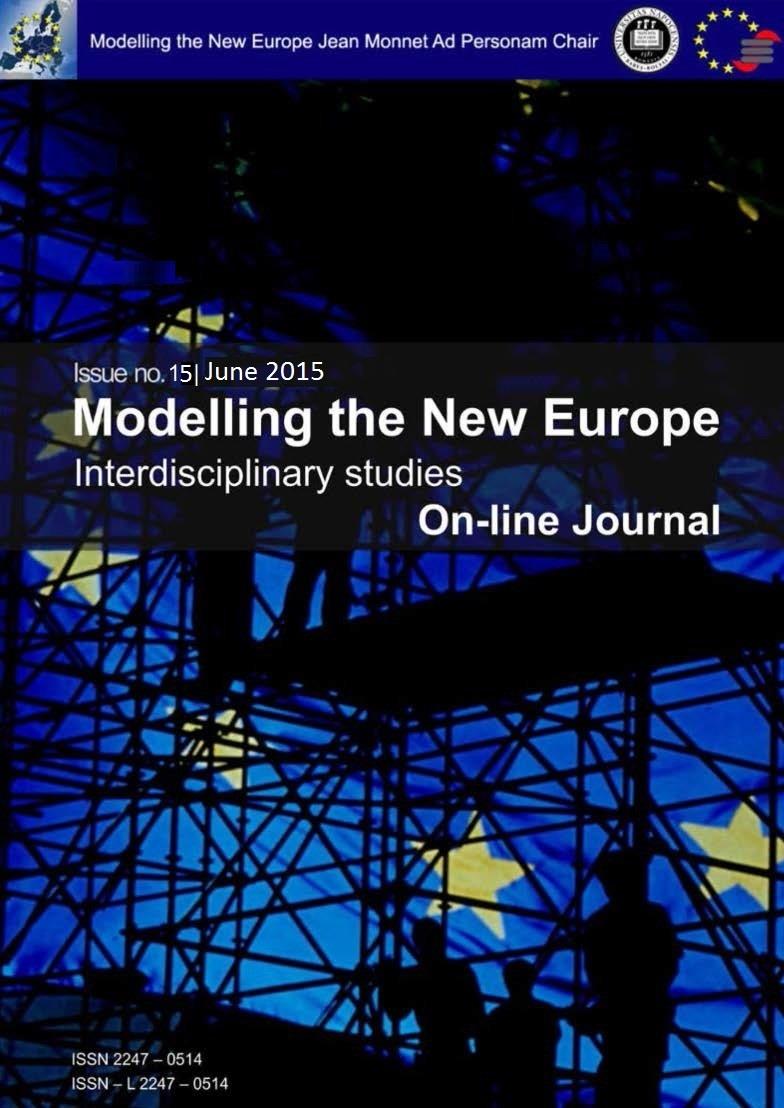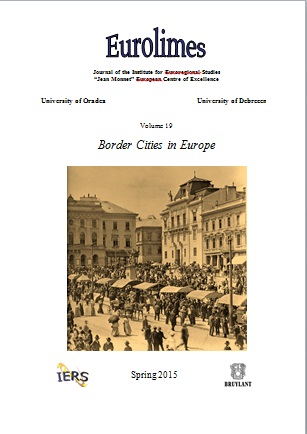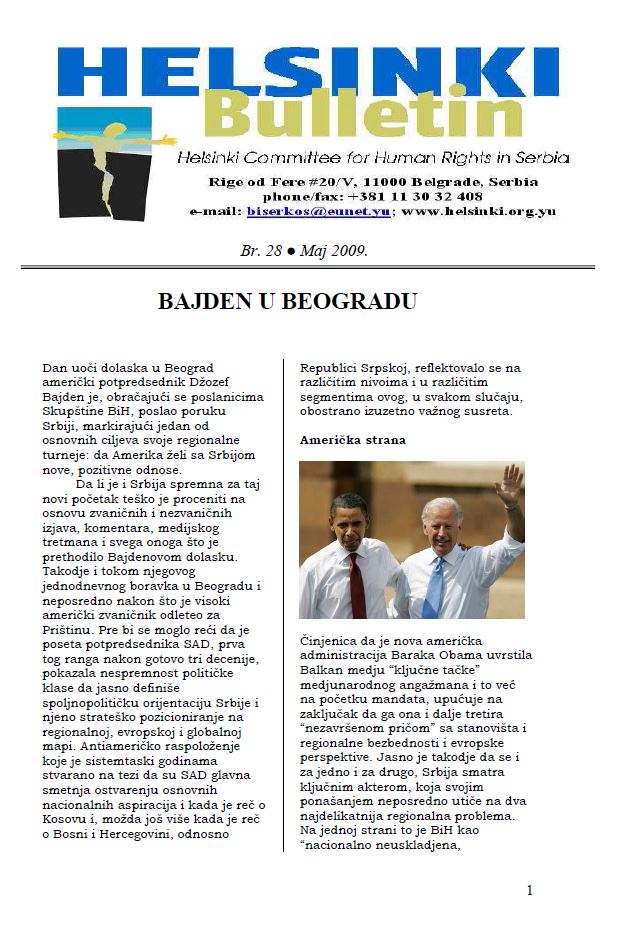
THE EU APPROACH TO THE WESTERN BALKANS: A SECURITY OR POLITICAL ISSUE?
This paper will focus on the policies developed by the European Union towards the Western Balkans, especially those related to human mobility and visa liberalization. The main target of the paper will be to show how the conditionality policies towards these countries have been developed related to security, geopolitical needs and interests, instead of the objective/technical criteria stated in the communitarian official documents. We will see how the last enlargements of the Union have affected considerably the different positions adopted by member states in their approach toward the Balkan countries, especially in relation to chapters 23 and 24 of the negotiation agreements, dealing with issues of Justice and Home Affairs. Since then, the pragmatic approach of the Union has been reinforced, so that the accession of candidates has been delayed in time. However, some things might change, if we take into consideration the current refugee and Ukraine crises, the new relationships that have been developed with Russia (especially by Serbia), and Greece’s approach towards Moscow on the verge of the economic crisis. If the European Union has, until now, followed a stick-and-carrot approach towards the Balkans in order to maintain a security belt on its southeast border, this approach might change within a new geopolitical context. In this paper we will analyse the visa liberalization process and its developments since Thessaloniki 2003, to show how the decisions taken by the Union have been more linked to political matters related to security than to technical reasons related to passport design.
More...




